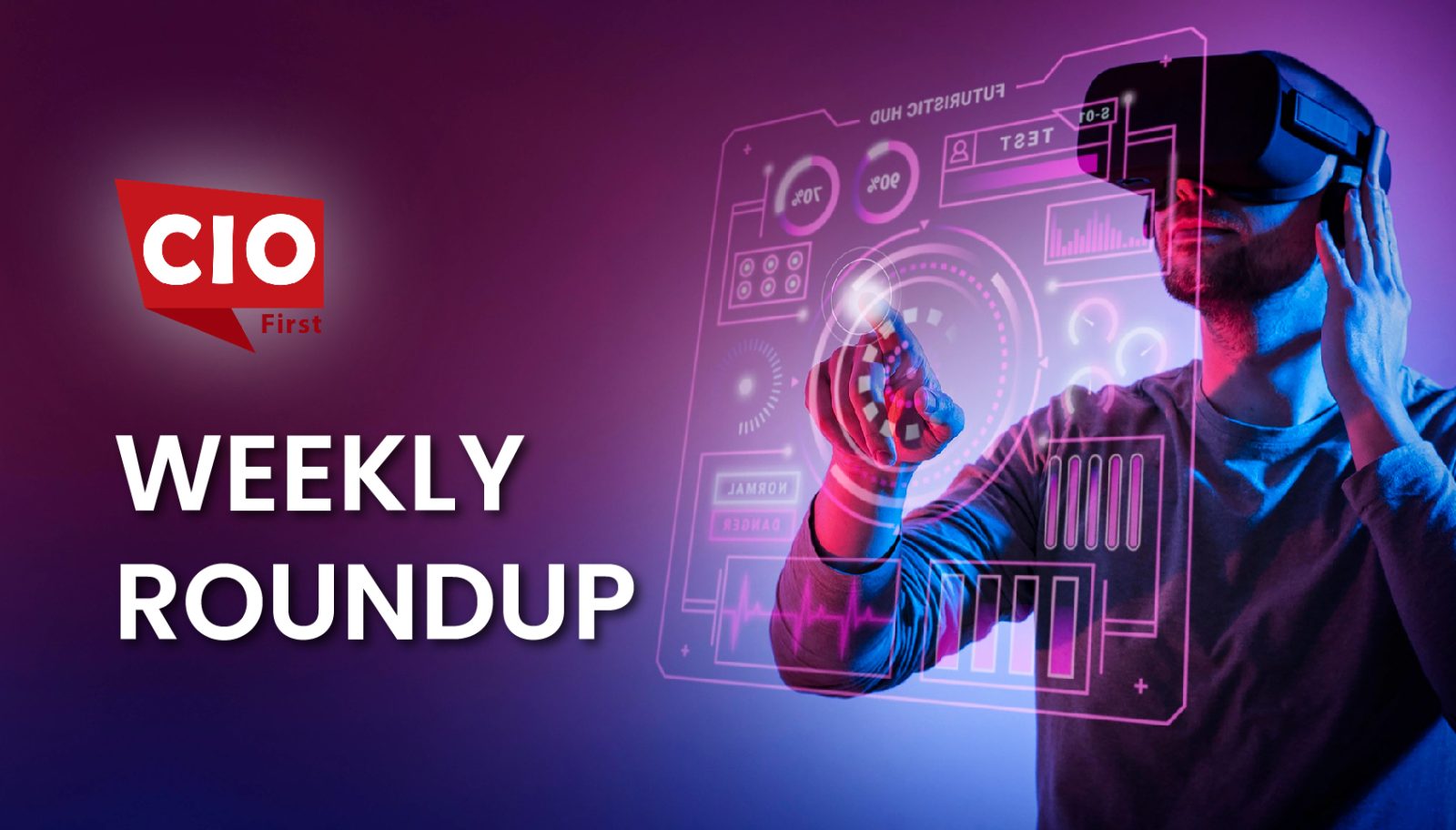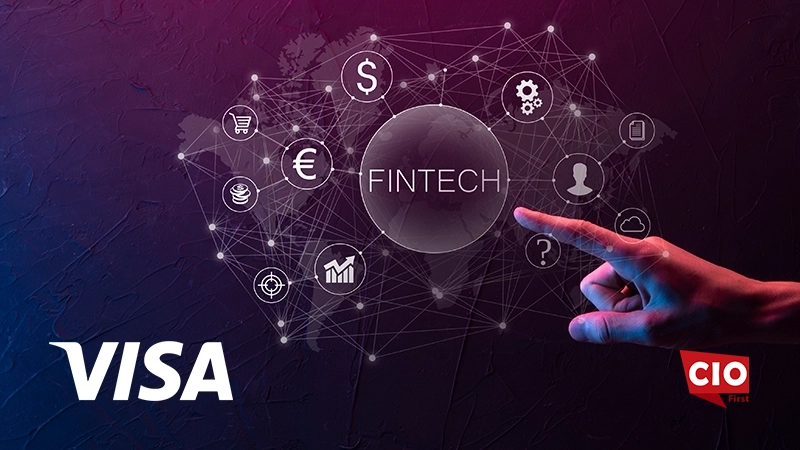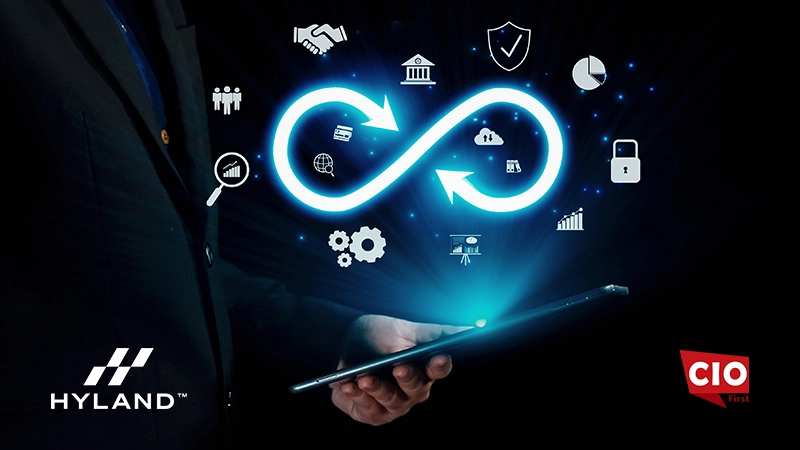Visa, a global leader in digital payments, announced new capabilities that enable frictionless, provisioned virtual card push-to-wallet experiences. Users can now move virtual cards to mobile wallet ecosystems, including Apple Pay and Google Pay, with control and security that enable precise spending limits and transaction monitoring, minimizing the risk of fraud and unauthorized spending.
Visa is a pioneer in virtual card push-to-wallet, recognizing the importance of creating digital B2B payment experiences that mirror the consumer experiences we all expect. Virtual card transactions will exceed 121 billion globally by 2027, a 340% increase from 28 billion in 2022 1 , according to Juniper Research. Virtual cards can significantly improve operational efficiency by automating payment processes and reducing the administrative burden associated with traditional payment methods, and they can facilitate better working capital management by accelerating payment cycles and providing greater transparency into financial transactions, enabling businesses to optimize cash flow and financial planning.
“These new capabilities underscore Visa’s commitment to innovating in the B2B payments ecosystem, ensuring businesses have access to secure and efficient payment solutions,” said Gloria Colgan, senior vice president and global head of product, Visa Commercial Solutions. “By enabling push-to-wallet for virtual cards across our commercial products, we are making it easier for our customers to manage their finances in a digitally native environment.”
These advancements enable businesses to operate efficiently and securely in today’s rapidly evolving digital economy. Visa’s sophisticated virtual card capabilities enable businesses of all sizes to leverage enterprise-grade payment solutions to optimize control, security and financial management. As the use of virtual cards continues to accelerate, Visa is renewing its commitment to driving innovation and providing tools that help businesses navigate and thrive in an evolving financial ecosystem.
SOURCE: BusinessWire
























